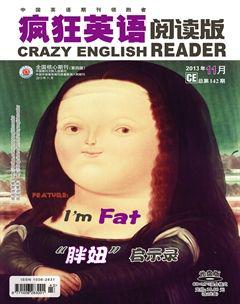人这一辈子
by Yehuda Amichai
A man doesnt have time in his life
to have time for everything. He doesnt have seasons enough to have a season for every purpose. Ecclesiastes
Was wrong about that.
A man needs to love and to hate at the same moment, to laugh and cry with the same eyes,
with the same hands to throw stones and to gather them, to make love in war and war in love.
And to hate and forgive and remember and forget,
to arrange and confuse, to eat and to digest
what history
takes years and years to do.
A man doesnt have time.
When he loses he seeks, when he finds he forgets, when he forgets he loves, when he loves he begins to forget.
And his soul is seasoned, his soul
is very professional. Only his body remains forever an amateur. It tries and it misses, gets muddled, doesnt learn a thing, drunk and blind in its pleasures
and its pains. He will die as figs die in autumn,
Shriveled and full of himself and sweet,
the leaves growing dry on the ground,
the bare branches pointing to the place where theres time for everything.
人这一辈子没有足够的时间没有时间顾暇所有的事情。
人没有足够的四季时日去逐一成就目标。《传道书》中所言
是错误的。
在同一个瞬间,人需要兼顾爱与恨,需要用同一双眸子欢笑和哭泣,用同一双手投掷并收集石头,在争斗中去爱,也在爱中争斗。恨过了然后谅解,忆起了再忘却,理清了再混淆,吃过了再消化
这是何等的历史年复一年,周而复始。人没有时间。
他丢了东西就去找,找到了
又遗忘,忘了便去爱,爱了又开始遗忘。
人的灵魂是老练的,人的灵魂非常老道。
唯有躯体依旧是个
愣头青。它屡试屡败,懵懵懂懂,什么也没学会,在它的快乐与痛苦中
酩酊与盲目。
在秋天,人会像无花果一样死去,既干瘪,又自满,还芳香四溢,
叶子在地上日渐干枯,光秃秃的树枝指向那个地方那个万物皆有其时的地方。
最初看到那些文字,还以为是篇老者在随意讲述陈年往事的文章,看到一半才发现竟是一首诗。诗中的语气也不知是从哪个点开始,突然变得庄重无比,庄重到我以为摆在我面前的,竟然是我的人生。追随着阿米亥的诗句,人生的外衣一层一层被剥开:遗失后就去寻找、找到了又开始遗忘、恨过了又开始谅解,年复一年、周而复始。没错,他揪出了掩盖于表象之下的真相;他甚至只用了一个“无花果”的比喻就激起了我们强烈的自怜;他让我们发现了一切错失的美好,而后沉默良久。其实生命就这样缓缓地过、雷同地过,没什么不好,因为我们总会走到那个万物皆有其时的地方,平淡快乐。

